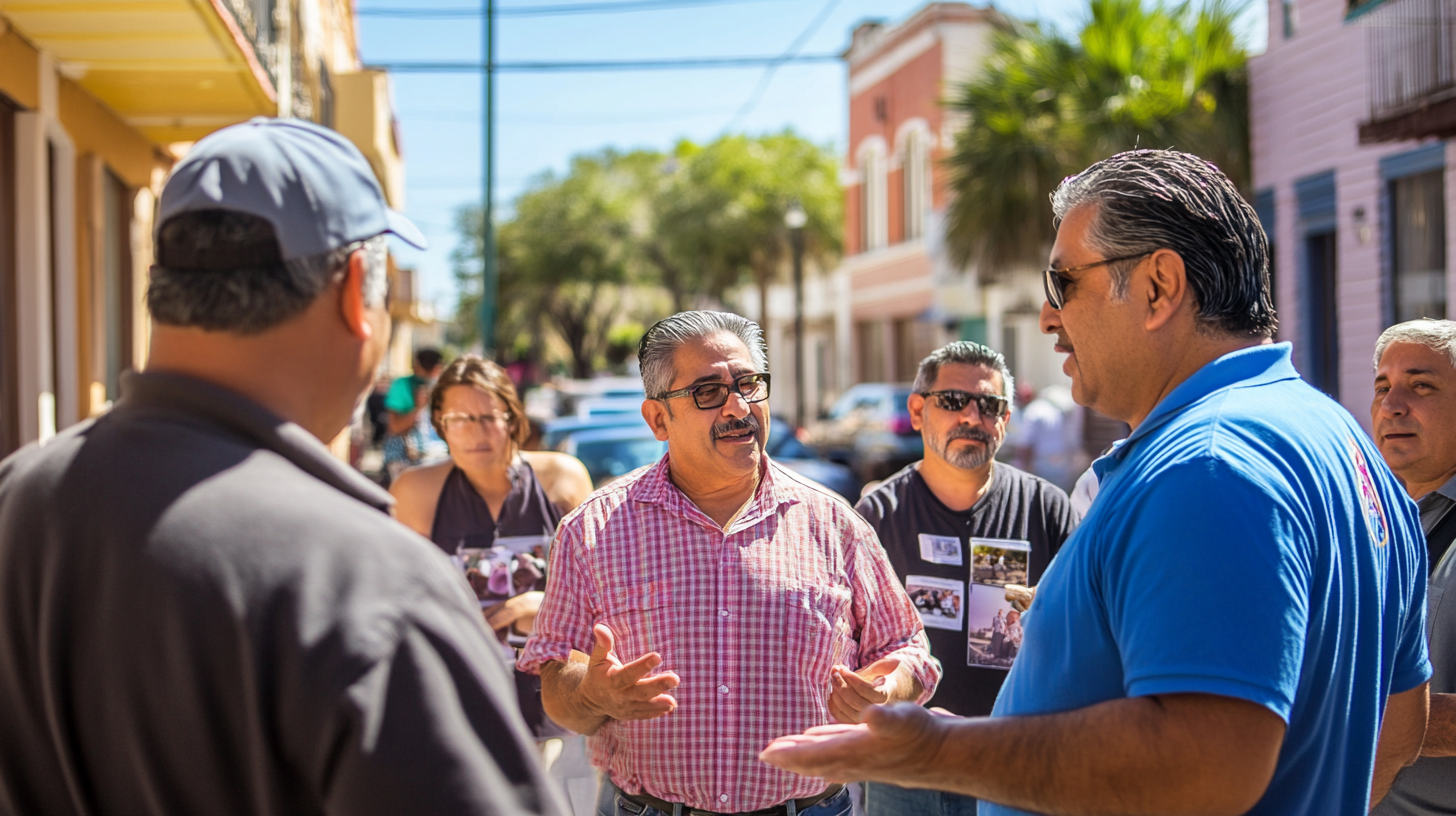Brownsville: A Prospective Hub for Spanish-Speaking Space-Faring Nations
Brownsville, a city in the heart of the Rio Grande Valley, has been spotlighted as a potential headquarters for a groundbreaking international coalition: a “United Nations of Spanish-speaking space-faring countries.” This visionary proposition was put forth by Walt Ugalde, a key figure in NASA’s Johnson Space Center’s T2X/T2U program, during a recent “Insights Unplugged” event.
The Vision: Establishing a Global Space Coalition
Ugalde envisions Brownsville as the central node for Spanish-speaking countries collaborating in space exploration, under the framework of NASA’s Artemis Accords. Launched in 2020, the Artemis Accords aim to establish a shared approach to space exploration among signatory nations, ensuring responsible and peaceful activities in space. Currently, nine Spanish-speaking countries, including Argentina, Chile, Colombia, Ecuador, and Mexico, along with Brazil, are signatories to these agreements.
By positioning Brownsville as a hub for this coalition, Ugalde foresees the city enhancing its economic landscape through international partnerships and strategic infrastructure development. This idea includes fostering an environment where commercial space activities can thrive, leveraging local resources and technological expertise.
Economic Implications for the Rio Grande Valley
The economic potential of such an initiative is vast for the Valley residents. With Brownsville as a nucleus for international space efforts, local businesses could experience growth, especially those within technology and aerospace sectors. Ugalde emphasized a model of “competitive cooperation,” where local businesses could compete in the global marketplace while maintaining specialized niches.
During the event co-hosted by the Greater Brownsville Incentives Corporation and the Brownsville Community Improvement Corporation, Ugalde spoke about creating an ecosystem where regional cooperation leads to shared success. This vision aligns with efforts to maximize South Texas’s impact on space exploration while simultaneously bolstering its local economy.
Community Engagement and Reflection
Valley residents and local leaders have shown interest in the potential changes this initiative could bring. Maria Gonzales, a longtime Brownsville educator, shared her perspective: “Such an international platform could present invaluable opportunities for our youth in terms of education and employment. This is more than just an economic boost; it’s a chance for our community to be engaged in a global conversation.”
For the residents of South Texas, transforming Brownsville into an international space hub means more than economic opportunities; it represents a chance to further integrate with global technologies and innovation. Connecting this vision to ongoing community goals, like education and workforce development, can amplify its local impact.
Historical and Ongoing Community Links
Brownsville’s recent history reflects its growing role in technological and aerospace development. The presence of SpaceX’s launch facility has already put the city on the map as a significant player in the realm of space exploration. Ugalde’s vision builds upon this momentum, suggesting the city capitalize on existing assets to forge new pathways in international space collaboration.
Jerry Martinez, a local historian, remarked on the evolution: “Brownsville has always been a crossroads of culture and commerce. Turning it into a hub for space-faring nations seems like a natural progression that honors this tradition, while pushing us into the future.”
Future Implications and Broader Perspectives
Looking ahead, if Brownsville were to become the headquarters for a coalition of space-faring countries, the implications could extend beyond immediate economic benefits. There is potential for educational partnerships, fostering advancements in science and technology programs across schools and universities in the Rio Grande Valley. Additionally, such international cooperation could bring about cultural exchange programs, further enriching the community life in Brownsville.
Conversely, some voices call for vigilance. Critics argue that such rapid development could strain local resources or create regional disparities if not managed carefully. Ensuring that benefits are evenly distributed and that community voices are heard in the planning stages will be crucial for long-term success.
Local Resources and Opportunities for Engagement
For those in the community eager to learn more or get involved, local organizations like the UT-Rio Grande Valley Entrepreneurship and Commercialization Center offer entry points into the conversation. Engaging with these institutions can provide residents with the latest updates on developments and ways to contribute to Brownsville’s potential transformation.
As discussions continue, the community must remain at the heart of this initiative, ensuring that the exciting prospect of becoming a global space hub translates into tangible benefits for all RGV residents.







